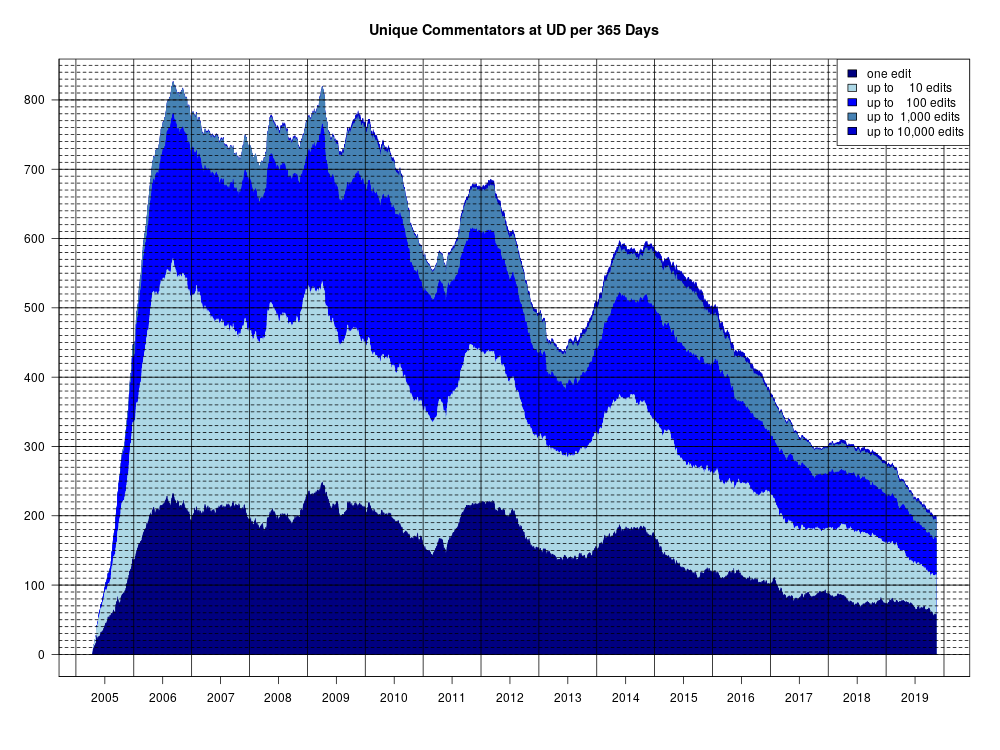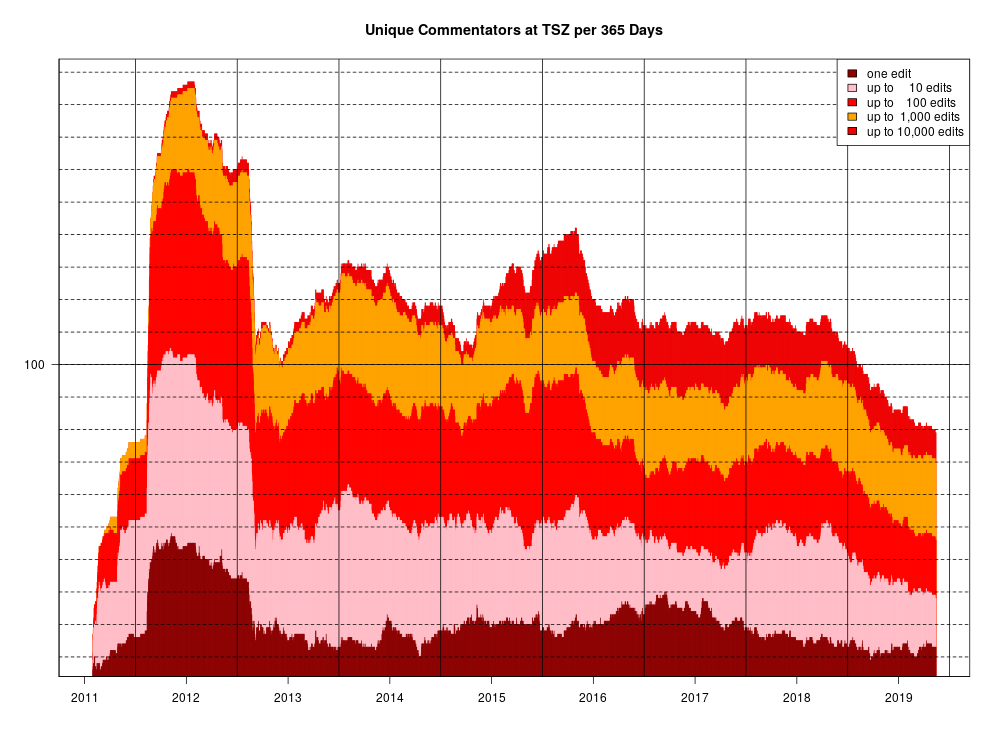Are we beginning to see a major paradigm shift, steadily moving away from the prevailing physicalist, materialist.mechanistic mindset?
Integral theory is one attempt to move beyond any narrow,exclusive views of reality proclaimed by representives of science, religion, philosophy, spiritual traditions or whatever. Jennifer Gidley writes about integral thinking and the evolution of consciousness here
There are periods in human and cultural evolution when humanity passes through such fundamental transformations that our reality shifts and new patterns of thought are required to make sense of the unfolding human drama . . . The profound transformation we are now witnessing has been emerging on a global scale over millennia and has matured to a tipping point and rate of acceleration that has radically altered and will continue to alter our human condition in every aspect. We must therefore expand our perspective and call forth unprecedented narrative powers to name, diagnose, and articulate this shift… Integral philosopher Ashok Gangadean in the opening quotation encapsulates what many integral theorists have been voicing over the past decade. It is this integral research on emergent movement(s) of consciousness that I am referring to as the evolution of consciousness discourse This research points to the emergence of a new structure,stage(s) or movement of consciousness that has been referred to by various terms, most notably, post-formal integral and planetary.
Jude Currivan says that instead of big bang we have the big breath. The “outbreath” that gives rise to the physical unverse. Matter and energy are the products of information. The physical universe is in-formed as she puts it.
She discusses her views here in “Restating and reunifying reality: Our in-formed and holographic universe”.
This is part of an annual Mystics and Scientists conference promoted by The Scientific & Medical Network
The metaphor of the big bang conjures up images of a destructive explosion leading to chaos. But we should imagine the universe as a birth of order and organisation and this is more in keeping with a breathing process by which we communicate compositions of song, poetry and prose. Evolution is the creation of order out of chaos.
So are we seeing a movement to a more integrated, holistic understanding of reality where, rather than being a mere by product of a particular arrangement of matter, consciousness plays a primal, central role? The cosmos is breathed into existence, the out-breathing Word, the Logos, creates the living universe. Consciousness is the alpha and omega.


